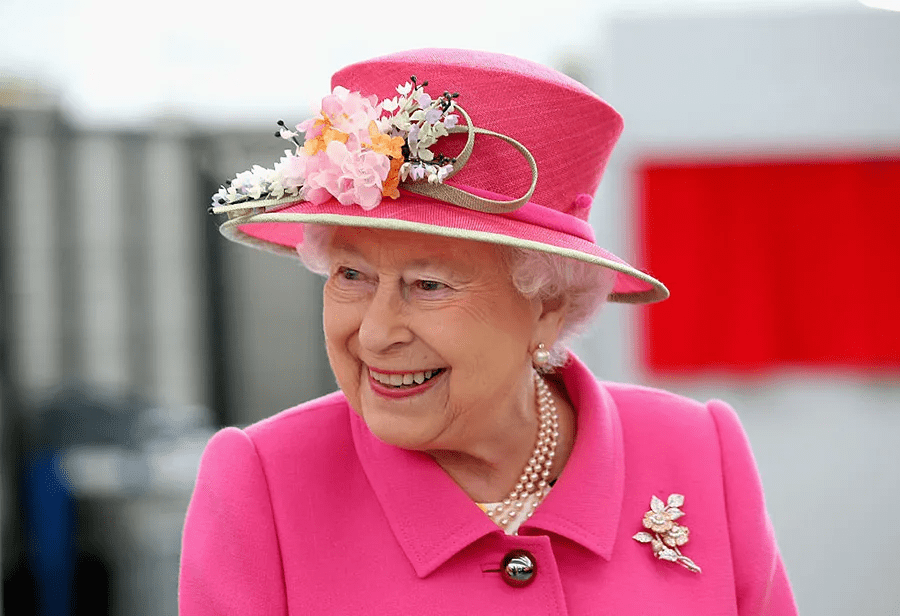I have never been much of a Royal watcher. However, I was, and still am, a fan of the Queen.
Looking back over her 70-year reign, Queen Elizabeth II is widely credited with both reforming and humanizing the monarchy in Britain. She also helped provide stability to the United Kingdom as it struggled for survival after World War II. She deftly and humbly guided the nation as it morphed from a global monarchy to a more genteel and enduring commonwealth of nations.
As leaders, I think we can learn a lot from Her Majesty, even if we consider the monarchy a bit anachronistic, and the British Empire a fading, and often discredited colonizer.
Why am I so enamored with the Queen? Quite simply, because she was a gifted leader who ruled with both humility and empathy. Permit me to explain.
Humility
If you are royalty, it’s commonly expected that you’ll have your nose in the air as you strut about considering yourself much more important than your subjects. However, Queen Elizabeth was different. She had a humility that border-lined on radical, at least in my eyes.
For example, during WW2, against the protestations of many who were concerned for her safety, Elizabeth insisted that she be permitted to join the military effort. In 1945, when she was only 18, she joined the Women’s Auxiliary and trained as an auto mechanic. Obviously, “…this wasn’t a combat role, but that doesn’t mean it didn’t come with risks…The young princess’s dedication to her country and her willingness to serve just like anyone else…” showed her true metal and her humble spirit.
After ascending to the throne, Elizabeth maintained this same approach. Throughout her unprecedented reign, she saw herself as a servant of the people rather than as their ruler. This resulted in a life of tireless devotion to her country and to the innumerable charities with which she was associated.
Some modern management theorists have suggested that corporate leaders should invert their management hierarchies so that “the boss” is at the bottom of the pyramid, serving employees, customers and shareholders. If we’re looking for a successful example of how this idea can be workable in practice, we need look no further than the Queen.
Empathy
Many leaders are guilty of being out of touch with their followers, unable to relate to those who they may consider “less than” or “beneath them.” As a result, they lose both credibility and the loyalty of those they lead. In contrast, the Queen was a bridge builder, successfully communicating support and empathy for many different constituencies.
In 1961, she danced with the president of Ghana, who was black. At the time, many were outraged by her actions. However, “the Queen was resolute in her support of equality.” Years later, she worked — mostly behind the scenes — to influence the Commonwealth’s condemnation of South African apartheid. Clearly, she was a leader who not only empathized with others, but who sought to improve their situation.
Another remarkable example of her ability to understand and empathize was her trip to the Republic of Ireland in 2011. While laying a wreath at a monument to those who died fighting for Irish freedom, she bowed her head, signally to the people that she felt their pain.
Those of us with leadership responsibilities in a corporate setting would all benefit from paying attention to the challenges others face, and truly empathizing with their circumstances. The Queen has shown us how.
Tips for cultivating humility:
- Find ways to serve those you lead
- Do the jobs that other don’t want to do
- Willingly accept roles out of the spotlight
Tips for cultivating empathy:
- Pay attention to the disadvantaged
- Take time to “be with” those who are hurting
- Support the oppressed
Obviously, few of us will ever know what it would be like to live in a palace or to wear a crown. However, we don’t need either of these things in order to emulate the Queen. Simply by serving those we lead, and by deeply caring for those who are hurting, we can follow in her footsteps. The world needs more leaders like Elizabeth the Second!

About the Author, David C. Bentall
Author, Speaker, Family Enterprise Advisor
David C. Bentall is founder of Next Step Advisors and has been advising family enterprises for over 25 years. He has also personally experienced succession in his family’s real estate and construction businesses. Additionally, he is a gifted author, coach, speaker and facilitator. His book, Dear Younger Me: Wisdom for Family Enterprise Successors (Castle Quay Books, May 3, 2021), explores the character traits critical for navigating the interpersonal demands of a family business enterprise. Learn more about David's books here.

